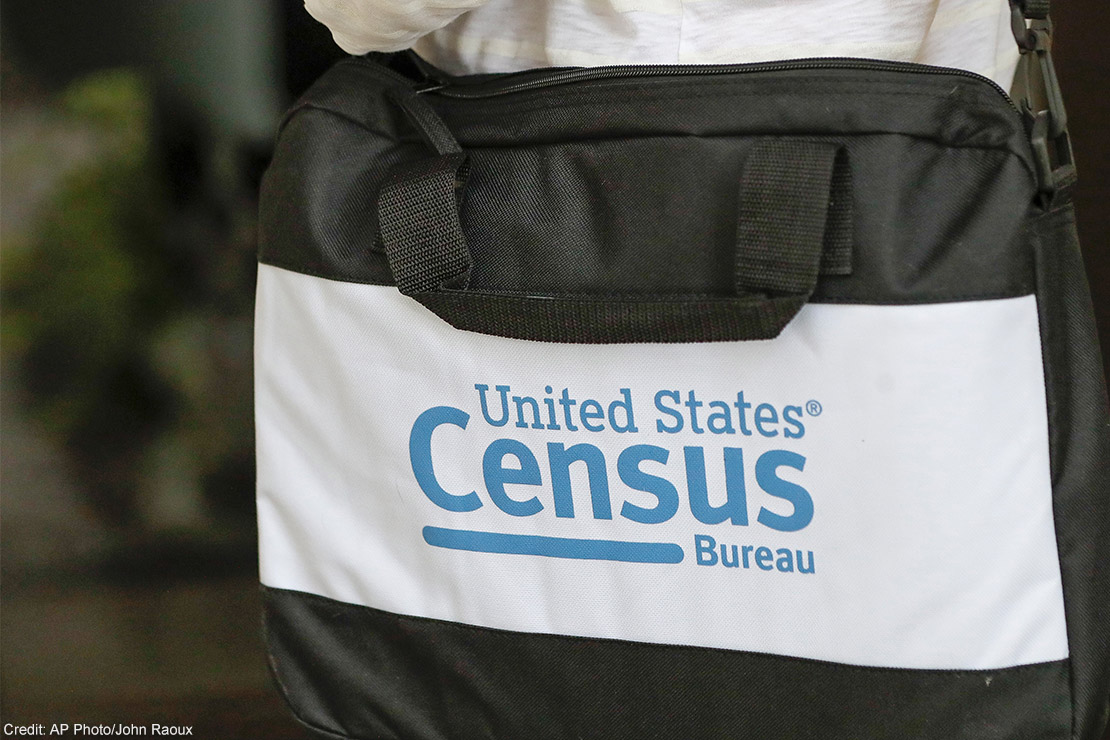Voting Rights
Missouri v. U.S. Department of Commerce
A coalition of civil rights and immigrant-rights organizations has moved to intervene as defendants in a lawsuit that threatens to dismantle the Constitution‚Äôs long-standing requirement that the decennial census count all people living in the United States. Missouri asks the court to exclude undocumented immigrants and people living in the country on temporary visas from the census count used to determine congressional representation‚ÄĒan unprecedented move that would upend more than two centuries of constitutional practice.
Status: Ongoing
View Case
Learn ļž–” ”∆Ķ Voting Rights
Featured
Mississippi
Dec 2025
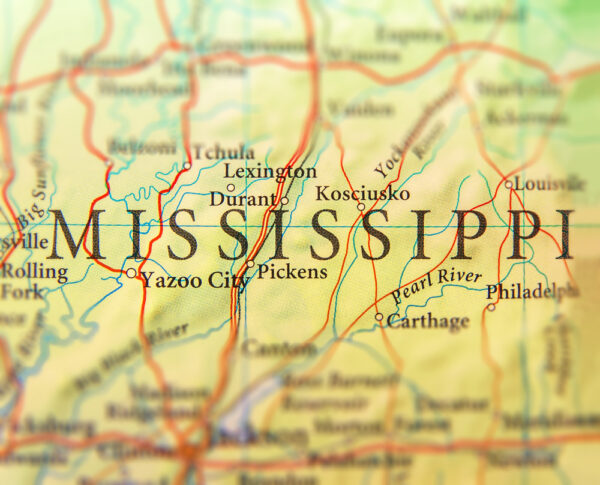
Voting Rights
White v. Mississippi State Board of Elections
District lines used to elect Mississippi’s Supreme Court have gone unchanged for more than 35 years. We’re suing because the current lines crack the Mississippi Delta and dilute the voting strength of Black Mississippians in state Supreme Court elections, in violation of the Voting Rights Act.
U.S. Supreme Court
Nov 2025

Voting Rights
Racial Justice
Allen v. Milligan
Whether Alabama’s congressional districts violate Section 2 of the Voting Rights Act because they discriminate against Black voters. We succeeded in winning a new map for 2024 elections which, for the first time, has two congressional district that provide Black voters a fair opportunity to elect candidates of their choosing despite multiple attempts by Alabama to stop us at the Supreme Court. Despite this win, Alabama is still defending its discriminatory map, and a trial was held in February 2025 to determine the map for the rest of the decade.
In May 2025, a federal court ruled that Alabama's 2023 congressional map both violates Section 2 of the Voting Rights Act and was enacted by the Alabama Legislature with racially discriminatory intent.
Washington, D.C.
Oct 2025

Voting Rights
League of Women Voters Education Fund v. Trump
On March 25, 2025, in a sweeping and unprecedented Executive Order, President Trump attempted to usurp the power to regulate federal elections from Congress and the States. Among other things, the Executive Order directs the Election Assistance Commission‚ÄĒan agency that Congress specifically established to be bipartisan and independent‚ÄĒto require voters to show a passport or other citizenship documentation in order to register to vote in federal elections. If implemented, the Executive Order would threaten the ability of millions of eligible Americans to register and vote and upend the administration of federal elections.
On behalf of leading voter registration organizations and advocacy organizations, the ļž–” ”∆Ķ and co-counsel filed a lawsuit to block the Executive Order as an unconstitutional power grab.
U.S. Supreme Court
Oct 2025
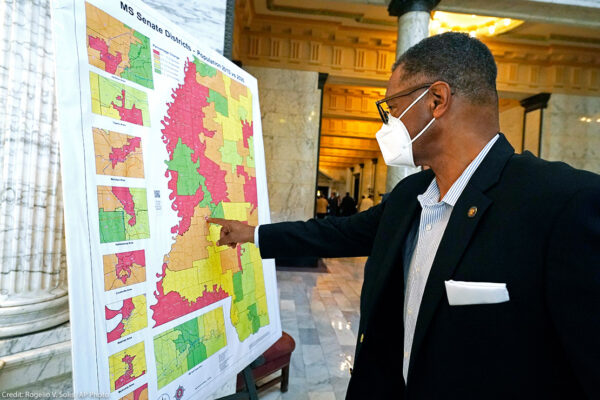
Voting Rights
State Board of Election Commissioners v. Mississippi State Conference of the NAACP
Mississippi has a growing Black population, which is already the largest Black population percentage of any state in the country. Yet. Black Mississippians continue to be significantly under-represented in the state legislature, as Mississippi’s latest districting maps fail to reflect the reality of the state’s changing demographics. During the 2022 redistricting process, the Mississippi legislature refused to create any new districts where Black voters have a chance to elect their preferred representative. The current district lines therefore dilute the voting power of Black Mississippians and continue to deprive them of political representation that is responsive to their needs and concerns, including severe disparities in education and healthcare.
U.S. Supreme Court
Oct 2025

Voting Rights
Louisiana v. Callais (Callais v. Landry)
Whether the congressional map Louisiana adopted to cure a Voting Rights Act violation in Robinson v. Ardoin is itself unlawful as a gerrymander.
Missouri
Sep 2025
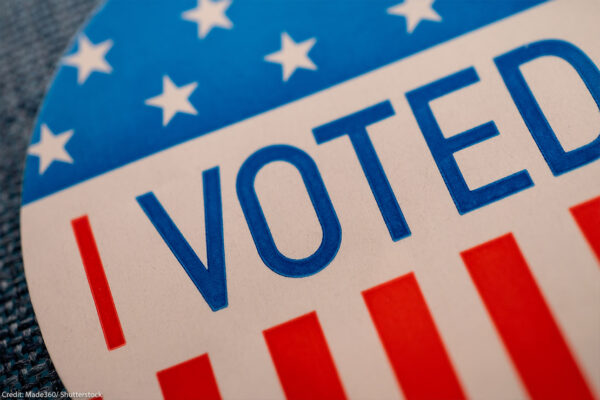
Voting Rights
Wise v. Missouri
In unprecedented fashion, the State of Missouri has redrawn the district lines used for electing members of Congress for a second time this decade. These new district lines are gerrymandered and will harm political representation for all Missourians, particularly Black residents in Kansas City, who have been divided along racial lines.
All Cases
190 Voting Rights Cases
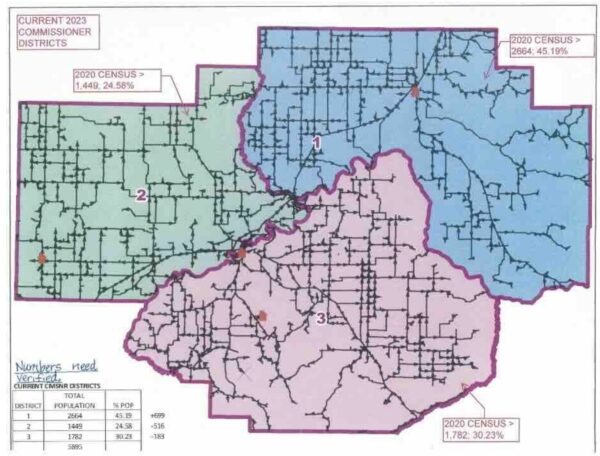
Montana
Dec 2025
Voting Rights
Chippewa Cree Indians of the Rocky Boy's Reservation v. Chouteau County
Representing the Chippewa Cree Indians of the Rocky Boy‚Äôs Reservation and two Native American voters living in Chouteau County, Montana, the ļž–” ”∆Ķ, ļž–” ”∆Ķ of Montana, and Native American Rights Fund (NARF) challenged the holding of at-large elections for the Chouteau County Board of Commissioners. The suit alleges the system unlawfully dilutes the voting strength of Native American voters in the county and has denied them any representation on the county commission for more than a decade.
Explore case
Montana
Dec 2025

Voting Rights
Chippewa Cree Indians of the Rocky Boy's Reservation v. Chouteau County
Representing the Chippewa Cree Indians of the Rocky Boy‚Äôs Reservation and two Native American voters living in Chouteau County, Montana, the ļž–” ”∆Ķ, ļž–” ”∆Ķ of Montana, and Native American Rights Fund (NARF) challenged the holding of at-large elections for the Chouteau County Board of Commissioners. The suit alleges the system unlawfully dilutes the voting strength of Native American voters in the county and has denied them any representation on the county commission for more than a decade.
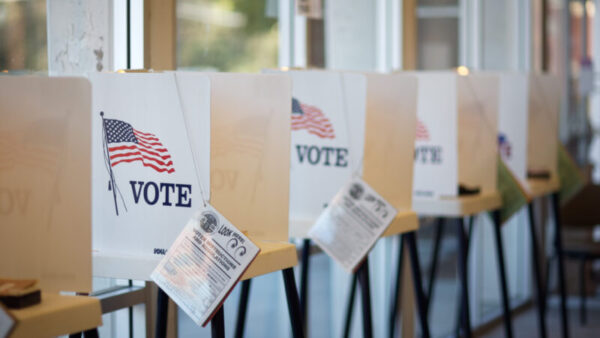
New Mexico
Dec 2025
Voting Rights
United States v. Oliver
The Department of Justice sued New Mexico Secretary of State Maggie Toulouse Oliver, demanding the state produce its full, unredacted voter file, which contains highly sensitive and personal data on every voter in the state. This suit appears to be part of the federal government's efforts to build a national voter database without congressional authorization and to improperly question the validity of state voter rolls.
Explore case
New Mexico
Dec 2025

Voting Rights
United States v. Oliver
The Department of Justice sued New Mexico Secretary of State Maggie Toulouse Oliver, demanding the state produce its full, unredacted voter file, which contains highly sensitive and personal data on every voter in the state. This suit appears to be part of the federal government's efforts to build a national voter database without congressional authorization and to improperly question the validity of state voter rolls.

Nevada
Dec 2025
Voting Rights
United States v. Aguilar
The Department of Justice (‚ÄúDOJ‚ÄĚ) sued Nevada demanding the release of its full, unredacted voter file, which includes the highly sensitive and personal data of every voter in the state. This suit appears to be part of DOJ‚Äôs effort to build a national voter database without congressional authorization, improperly question the validity of state voter rolls, and intimidate eligible voters in Nevada and around the country.
Explore case
Nevada
Dec 2025

Voting Rights
United States v. Aguilar
The Department of Justice (‚ÄúDOJ‚ÄĚ) sued Nevada demanding the release of its full, unredacted voter file, which includes the highly sensitive and personal data of every voter in the state. This suit appears to be part of DOJ‚Äôs effort to build a national voter database without congressional authorization, improperly question the validity of state voter rolls, and intimidate eligible voters in Nevada and around the country.
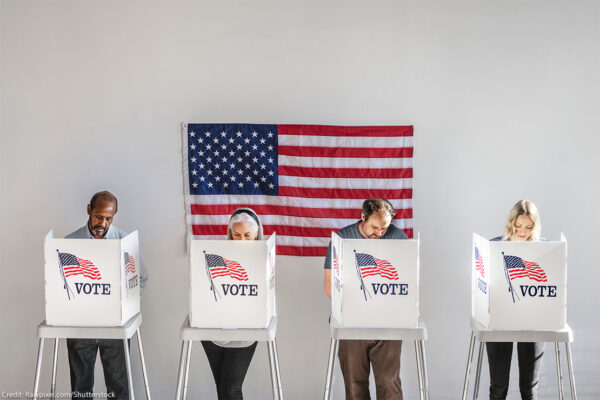
Maine
Dec 2025
Voting Rights
United States v. Bellows (Amicus)
Representing the ļž–” ”∆Ķ of Maine, the ļž–” ”∆Ķ Voting Rights Project and the ļž–” ”∆Ķ of Maine filed an amicus brief in a federal lawsuit over the federal government‚Äôs demand that Maine turn over its entire voter registration rolls, including with voters‚Äô sensitive personal data such as drivers‚Äô license numbers and partial social security numbers.
Explore case
Maine
Dec 2025

Voting Rights
United States v. Bellows (Amicus)
Representing the ļž–” ”∆Ķ of Maine, the ļž–” ”∆Ķ Voting Rights Project and the ļž–” ”∆Ķ of Maine filed an amicus brief in a federal lawsuit over the federal government‚Äôs demand that Maine turn over its entire voter registration rolls, including with voters‚Äô sensitive personal data such as drivers‚Äô license numbers and partial social security numbers.
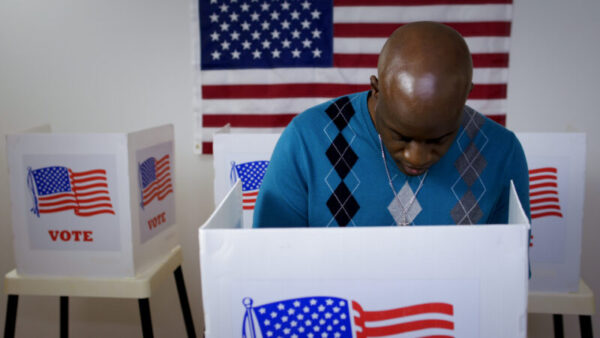
Maryland
Dec 2025
Voting Rights
United States v. DeMarinis
The Department of Justice (‚ÄúDOJ‚ÄĚ) sued Maryland demanding the release of its full, unredacted voter file, which includes the highly sensitive and personal data of every voter in the state. This suit appears to be part of DOJ‚Äôs effort to build a national voter database without congressional authorization, improperly question the validity of state voter rolls, and intimidate eligible voters in Maryland and around the country.
Explore case
Maryland
Dec 2025

Voting Rights
United States v. DeMarinis
The Department of Justice (‚ÄúDOJ‚ÄĚ) sued Maryland demanding the release of its full, unredacted voter file, which includes the highly sensitive and personal data of every voter in the state. This suit appears to be part of DOJ‚Äôs effort to build a national voter database without congressional authorization, improperly question the validity of state voter rolls, and intimidate eligible voters in Maryland and around the country.
